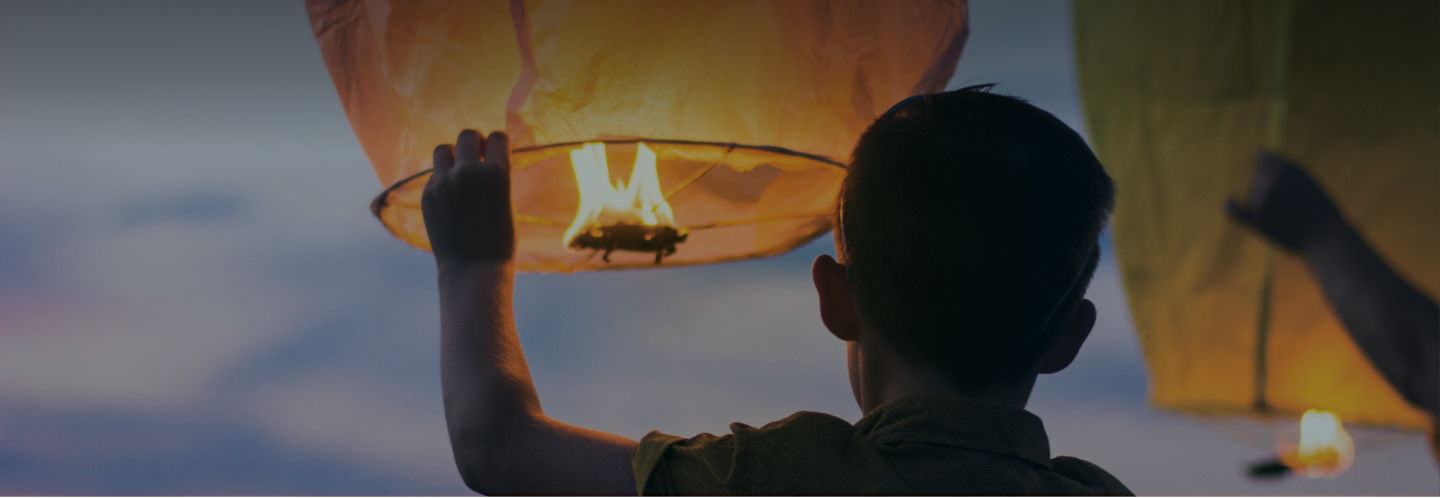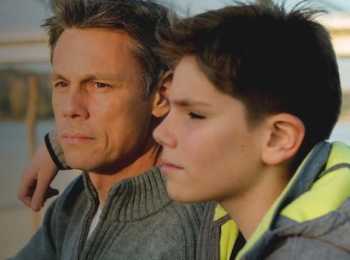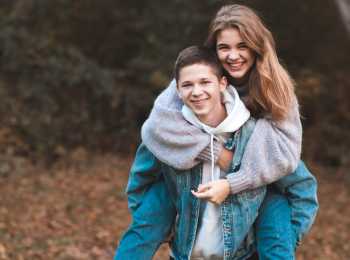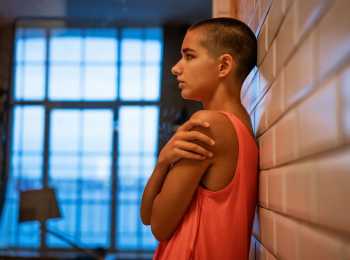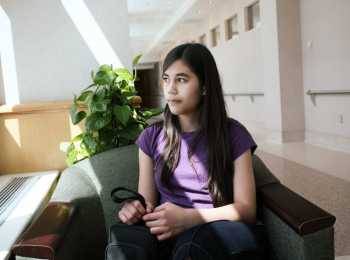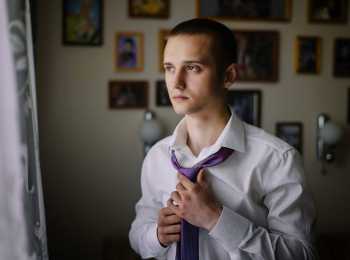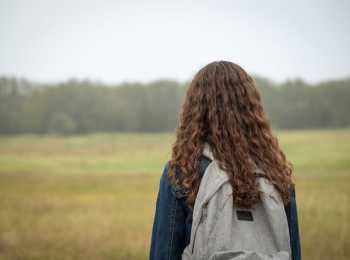Living with the worry that the cancer will return can be one of the hardest things. Although doctors will give you the very best treatment, there is a chance the cancer will come back. It is important to get as much information as possible and talk over your particular case.
Dealing with a relapse can be just as hard as, or harder than, dealing with your original cancer.
If the cancer comes back, it may be because the first treatment didn’t completely destroy all cancer cells. This doesn’t mean that the treatment you received was wrong or that you have done anything wrong. It simply means that a small number of cancer cells survived the treatment. This is known as relapse.
If cancer comes back, Canteen has a range of services that can help. Canteen can put you in touch with a specialist counsellor or with other young people who are in a similar situation. Find out more at canteen.org.au/youngpatients.
It is possible to develop a new cancer that has nothing to do with your original cancer, but this doesn’t happen very often. When cancer comes back, it can return in the same place or near to the site of the original cancer or it can spread to another part of the body (secondary cancer or metastasis).
The different types of recurrence are:
-
Local: which means that the cancer is in the same place as the original cancer or is very close to it.
-
Regional: when tumours grow in lymph nodes or tissues near the place of the original cancer.
-
Distant: if the cancer has spread (metastasised) to organs or tissues far from the place of the original cancer.
Cancer Council has more information about when cancer comes back. Visit cancercouncil.com.au and search for advanced cancer.
How will I feel?
If the cancer does come back, it can feel like the end of the world. The emotions can be intense and overwhelming. It might feel like all the treatment and side effects you have been through have been for nothing. It can be especially challenging if you have been in remission for a long time. (Remission means there are no more signs or symptoms of the cancer that can be detected – although there might still be some cancer cells in the body).
Common reactions at relapse are shock, sadness and fear – perhaps the same kind of emotions you had when you were first diagnosed. Read more about dealing with them here.
It is not uncommon to wonder why this is happening to you and to think that it is really unfair when you have been through enough already.
You may have many of the same emotions that you had when you were first diagnosed – they may even be more intense. But you have something now that you didn’t have before: experience.
A few things that might help:
-
Just like the first time, you need to get all the information you need about your relapse and treatment options so you can decide what’s right for you.
-
Talk about how you feel with a trusted friend or family member, nurse or someone else in your YCS team or a counsellor. Canteen also offers a free and confidential counselling service.
-
Find a support group or online forum where you can talk about the challenges of relapse with young people who’ve been through it. You can join Canteen’s online community for young people affected by cancer.
-
Write down your fears, hopes and aspirations for the future in a journal or on a blog.
-
Staying positive. You’ve lived through cancer once. There is no reason why you can’t do it again.
I still fear relapse, even after three years. There may be health scares in the future but knowing that you got through it once, you will be able to get through it again. I try to think of those thoughts as bubbles in my head and will pop them once they come into my mind. It can be hard to not dwell on these thoughts, but I encourage you to talk to someone about them, if these bubbles fill your head constantly.
Fiona, 22
Treatment decisions
Things may have changed since you were first diagnosed. Cancer researchers are constantly developing new treatments and ways to manage any side effects.
What sort of treatment you are offered will depend on what treatment you’ve already had as well as the type of cancer and where it is.
Just like when you were first diagnosed, the doctors and the rest of your medical team will talk you through your options.
Like all the other phases you have been through with cancer, getting the right information and the right support is really important.
Ask people to be honest with you about what is happening.
Things to consider when making decisions about what treatment to have include:
- What impact will it have on your quality of life?
- What side effects – both long and short term – will you get?
- What type/s of treatment will you accept?
- Your prognosis – which explains the likely course and outcome of the cancer.
If you are under 16, your parents or carers will have a big influence over your treatment decisions, and may need to make the decisions on your behalf. This may need lots of open communication and negotiation – particularly if you and your parent/s (and/or your partner/s) have different ideas. It is important that you feel okay with treatment decisions.
If your cancer can’t be cured
While most young people do survive cancer, the sad truth is that sometimes cancer can’t be cured. Find out more and get support.





